May is Asian American and Pacific Islander Heritage Month, a time to celebrate the rich cultural diversity, accomplishments, and contributions of the AAPI community. To best emphasize the significance of AAPI heritage, each region will be explored and some of the most notable leaders will be highlighted to allow for a better appreciation of the achievements put forth by the community.
The Pacific Islands, also known as the South Pacific Islands, are a group of islands located in the Pacific Ocean. The history of the Pacific Islands is rich and diverse, spanning thousands of years and encompassing the stories of indigenous peoples and modern-day cultural developments.
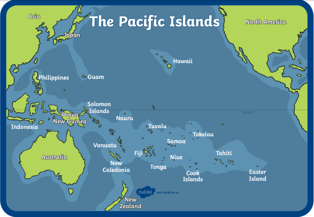
The Pacific Islands have been inhabited for over 3,000 years by various indigenous peoples, including Polynesians, Melanesians, and Micronesians. These island nations developed their unique cultures, languages, and customs, and their societies were often organized around kinship systems, with strong connections to the land and sea. The Pacific Islanders were skilled navigators and voyagers, using traditional canoes to explore and settle new islands across the vast Pacific Ocean.
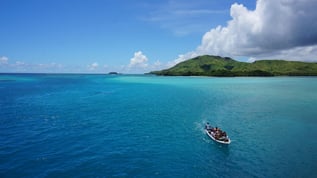
In the 20th century, many Pacific Islands gained independence from colonial powers and became sovereign nations. Today, the Pacific Islands are home to a rich tapestry of cultures, with indigenous traditions blending with modern influences.
Important Leaders:
The Pacific Islands have been home to many influential individuals who have made significant contributions to their communities, their nations, and the world at large. These individuals have excelled in various fields, including politics, arts, sports, and activism, leaving a lasting impact on the history and culture of the Pacific Islands.
In the realm of politics, Dame Meg Taylor is a prominent figure. She is a Papua New Guinean diplomat who served as the first female Secretary-General of the Pacific Islands Forum Secretariat from 2014 to 2020. As the head of the regional intergovernmental organization, she played a crucial role in advocating for regional cooperation and addressing issues such as climate change, regional security, and sustainable development.
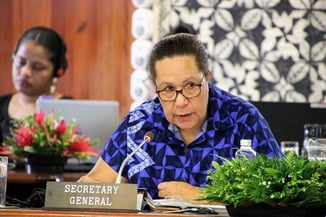
In the field of arts and literature, Epeli Hau'ofa, a writer and anthropologist from Fiji, made a significant impact. His critically acclaimed novel, "Tales of the Tikongs," highlighted the social and environmental challenges faced by Pacific Islanders, while celebrating their resilience and culture. Hau'ofa's work has been influential in promoting Pacific Islander literature and raising awareness about the region.
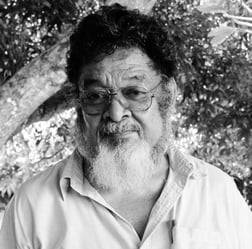
In sports, Jonah Lomu, a legendary rugby player from Tonga, left an indelible mark. He was considered one of the greatest rugby players of all time, known for his exceptional skills and athleticism. Lomu's success on the rugby field helped to raise the profile of Pacific Islanders in the world of sports, inspiring young athletes from the region and beyond.
Additionally, there are notable Pacific Islanders who have been at the forefront of environmental and social activism. Tony de Brum, a climate change activist and politician from the Marshall Islands, has been a vocal advocate for climate justice and the impacts of global warming on Pacific Island nations. He was instrumental in securing the Paris Climate Agreement, a policy that dispersed climate responsibility to a variety of countries. His activism amplified the urgent need to address climate change and its disproportionate effects on vulnerable communities in the Pacific Islands.
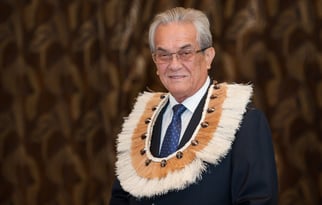
These are just a few examples of the many influential Pacific Islanders who have made significant contributions in various fields. Their achievements highlight the talent, resilience, and rich cultural heritage of the Pacific Islands, and their legacies continue to inspire generations to come.





Leave a Comment